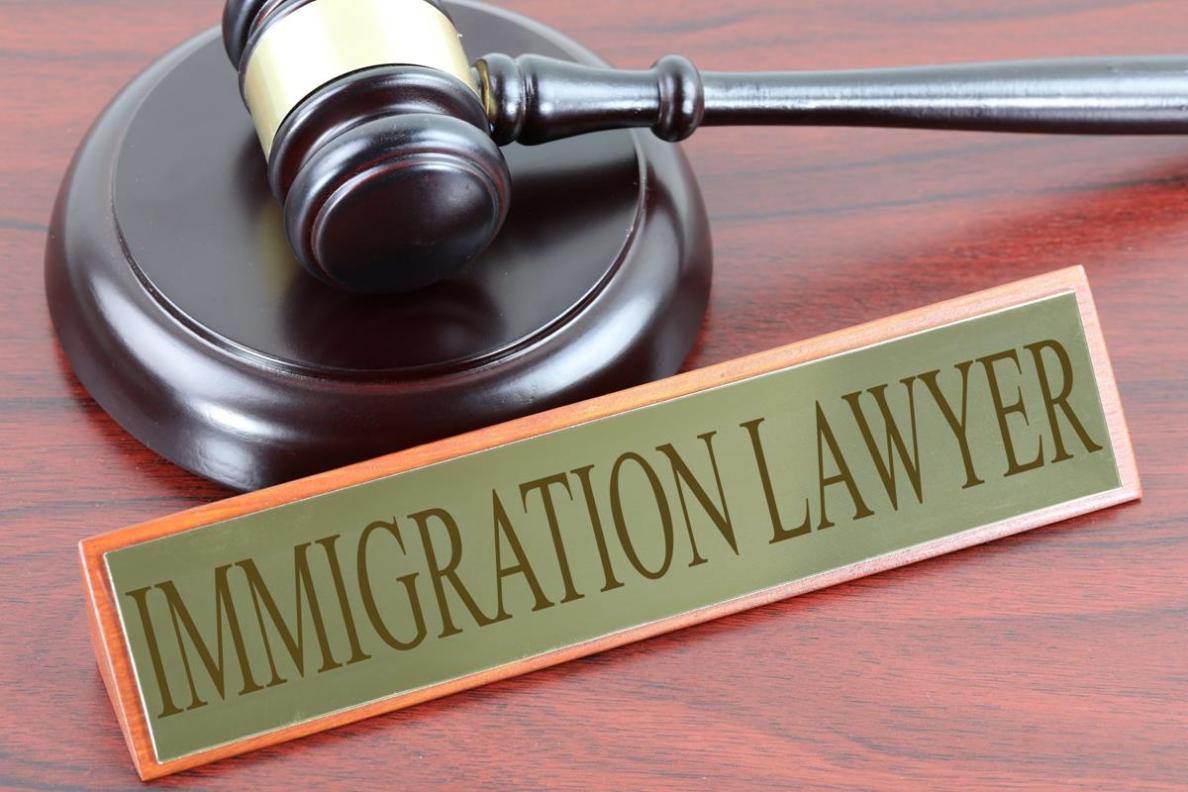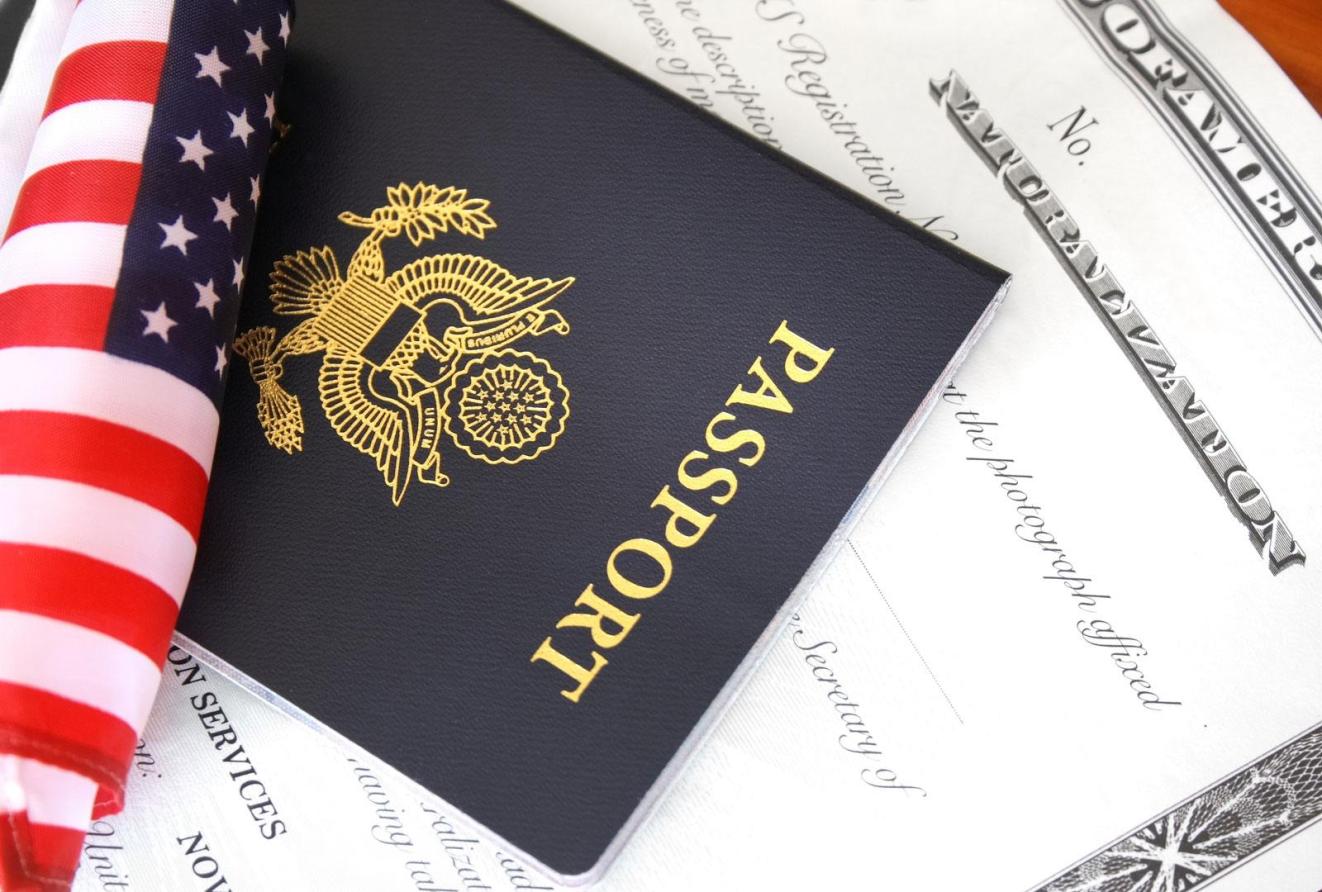What Are the Legal Pathways to U.S. Citizenship?
The United States of America is a land of immigrants, and throughout its history, people from all over the world have come to this country in search of a better life. Today, there are several legal pathways to U.S. citizenship, each with its own requirements and benefits. This article provides an overview of the legal pathways to U.S. citizenship, including birthright citizenship, naturalization, adoption, marriage to a U.S. citizen, military service, investment in the United States, and extraordinary ability or achievement.

I. Introduction
A. Definition Of U.S. Citizenship
U.S. citizenship is a legal status that grants an individual the rights and responsibilities of a citizen of the United States. U.S. citizens are entitled to a variety of benefits, including the right to vote, the right to hold public office, and the right to receive government benefits.
B. Importance Of U.S. Citizenship
U.S. citizenship is a valuable asset that provides individuals with a secure legal status and a path to a better life. U.S. citizens have access to a wide range of opportunities, including the ability to live and work in the United States permanently, the ability to travel freely, and the ability to sponsor family members for immigration.
C. Overview Of Legal Pathways To U.S. Citizenship

There are several legal pathways to U.S. citizenship, each with its own requirements and benefits. The most common pathways include birthright citizenship, naturalization, adoption, marriage to a U.S. citizen, military service, investment in the United States, and extraordinary ability or achievement.
II. Birthright Citizenship
A. Definition Of Birthright Citizenship
Birthright citizenship is the principle that a person born in a particular country is automatically a citizen of that country. In the United States, birthright citizenship is guaranteed by the Fourteenth Amendment to the U.S. Constitution.
B. Legal Basis For Birthright Citizenship

The Fourteenth Amendment to the U.S. Constitution states that "All persons born or naturalized in the United States, and subject to the jurisdiction thereof, are citizens of the United States and of the State wherein they reside." This amendment guarantees birthright citizenship to all persons born in the United States, regardless of their parents' citizenship status.
C. Requirements For Birthright Citizenship
To qualify for birthright citizenship, a person must be born in the United States. This includes being born in the 50 states, the District of Columbia, Puerto Rico, Guam, the U.S. Virgin Islands, and the Northern Mariana Islands.
D. Benefits Of Birthright Citizenship
Birthright citizenship provides a number of benefits, including the right to vote, the right to hold public office, and the right to receive government benefits. Birthright citizens are also able to sponsor family members for immigration.
III. Naturalization
A. Definition Of Naturalization
Naturalization is the process by which a foreign-born person becomes a U.S. citizen. Naturalization is a complex process that requires meeting certain eligibility requirements, passing a citizenship test, and taking an oath of allegiance to the United States.
B. Legal Basis For Naturalization
The Immigration and Nationality Act (INA) governs the naturalization process. The INA sets forth the eligibility requirements for naturalization, the steps involved in the process, and the benefits of naturalization.
C. Requirements For Naturalization
To be eligible for naturalization, a person must meet the following requirements:
- Be at least 18 years old.
- Have been a lawful permanent resident (LPR) for at least 5 years (or 3 years if married to a U.S. citizen).
- Be able to read, write, and speak English.
- Have a basic understanding of U.S. history and government.
- Be of good moral character.
D. Steps Involved In The Naturalization Process
The naturalization process involves several steps:
- Filing a petition for naturalization (Form N-400).
- Attending a biometrics appointment.
- Completing a citizenship interview.
- Taking the citizenship oath.
E. Benefits Of Naturalization
Naturalization provides a number of benefits, including the right to vote, the right to hold public office, and the right to receive government benefits. Naturalized citizens are also able to sponsor family members for immigration.
IV. Other Legal Pathways To U.S. Citizenship
In addition to birthright citizenship and naturalization, there are several other legal pathways to U.S. citizenship. These include:
A. Adoption
A foreign-born child who is adopted by a U.S. citizen may be eligible for U.S. citizenship through adoption. The child must meet certain eligibility requirements, including being under the age of 16 and living in the United States with the adoptive parent(s) for at least 2 years.
B. Marriage To A U.S. Citizen
A foreign-born person who is married to a U.S. citizen may be eligible for U.S. citizenship through marriage. The couple must meet certain eligibility requirements, including being legally married and living together in the United States.
C. Military Service
A foreign-born person who serves in the U.S. military may be eligible for U.S. citizenship through military service. The person must meet certain eligibility requirements, including serving honorably in the U.S. military for at least one year.
D. Investment In The United States
A foreign-born person who invests a significant amount of money in the United States may be eligible for U.S. citizenship through investment. The person must meet certain eligibility requirements, including investing at least $1 million in a U.S. business.
E. Extraordinary Ability Or Achievement
A foreign-born person who has extraordinary ability or achievement in a particular field may be eligible for U.S. citizenship through extraordinary ability or achievement. The person must meet certain eligibility requirements, including being recognized internationally for their achievements in a field such as science, art, or business.
V. Conclusion
A. Summary Of Legal Pathways To U.S. Citizenship
There are several legal pathways to U.S. citizenship, each with its own requirements and benefits. The most common pathways include birthright citizenship, naturalization, adoption, marriage to a U.S. citizen, military service, investment in the United States, and extraordinary ability or achievement.
B. Importance Of Choosing The Right Pathway
Choosing the right pathway to U.S. citizenship is an important decision. Each pathway has its own advantages and disadvantages, and the best pathway for a particular individual will depend on their circumstances.
C. Seeking Legal Assistance For Citizenship Matters
The process of obtaining U.S. citizenship can be complex and challenging. It is important to seek legal assistance from an experienced immigration attorney to ensure that the process is completed correctly and efficiently.
YesNo

Leave a Reply